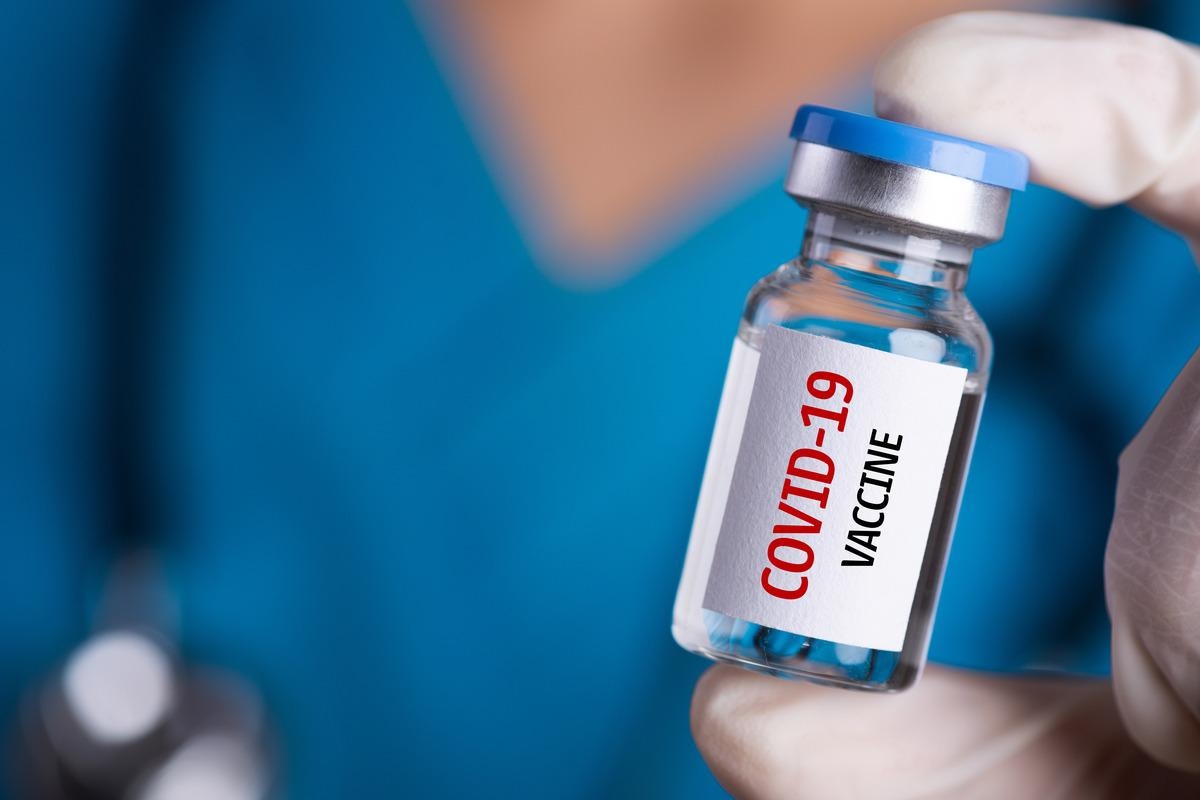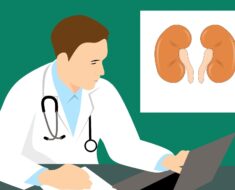A review published in the Journal of Allergy and Clinical Immunology discusses the safety and efficacy of coronavirus disease 2019 (COVID-19) vaccination and potential strategies to optimize protection in patients with impaired immunity.

Reasons for a compromised immune system
Immunocompromised individuals have severely weakened immunity which could be due to an inborn error of immunity (IEI); the effect of immunosuppressive drugs in an autoimmune disease, blood cancer, during an organ transplant; or poorly controlled human immunodeficiency virus (HIV). Due to weakened immunity, immunocompromised individuals are more prone to infections. However, the risk of preventable infections can be reduced by vaccination.
Safety of COVID-19 vaccines
Immunocompromised individuals have been excluded from COVID-19 vaccine trials. There is insufficient safety data on COVID-19 vaccinations in immunocompromised individuals. This has led to vaccine hesitancy. Several studies have shown that vaccination reactions in immunocompromised individuals are similar to those in the general population.
One study has shown that immunosuppressed patients with autoimmune diseases do not report any severe reaction or flare of underlying disease that would require hospitalization following vaccination. There is limited data on the safety of additional vaccine doses, but early reports are reassuring.
Immune response to vaccination
Antibodies against the severe acute respiratory syndrome coronavirus 2 (SARS-CoV-2) spike protein are a surrogate for immune protection due to COVID-19 vaccination or natural infection. COVID-19 vaccination induces robust antibody responses in immunocompetent individuals. However, levels of antibodies are lower in many immunocompromised individuals. Immunodeficiency can blunt the immune response against vaccination. Thus, an additional vaccine dose is recommended for immunocompromised individuals. Even so, some immunocompromised individuals do not respond to multiple vaccine doses.
What is immune protection in immunocompromised patients?
SARS-CoV-2 variants of concern (VOCs) harbor mutations in the spike protein that allow the virus to evade the immune system. The Omicron variant requires higher levels of neutralizing antibodies for effective neutralization and prevention of infection. Immunocompromised individuals with no neutralizing antibodies or a seronegative status have a high incidence of breakthrough infections. Seronegativity can be used to identify individuals with the highest risk of infection. Yet, a definition of immune protection is required to calculate the risk and inform additional protective strategies.
Potential strategies to augment the immune response
Booster doses
Additional vaccine doses can augment the waning vaccine immunity. Frequent vaccine doses are not a feasible global option. Additional studies are needed to decide the optimal timing of re-dosing.
Choice of vaccine platform
Two-dose vaccination elicits a better response in immunocompromised individuals compared to a single dose of Ad.26.COV2.S.
The mRNA-1273 vaccination is associated with fewer breakthrough infections compared to the BNT162b2 vaccination. Moreover, mixing the vaccines is associated with lower COVID-19 incidence compared to two doses of the same vaccine. However, we do not know if this applies to immunocompromised individuals too.
Pausing immunosuppressive drugs
In immunocompromised individuals with autoimmune diseases, a temporary hold of immunosuppressive drugs during the vaccination period elicits a better antibody response compared to the response while taking immunosuppressive drugs.
Therapeutic strategies
Prophylaxis with an anti-spike monoclonal antibody (mAb) combination of tixagevimab and cilgavimab (EVUsheld) can enhance protection against COVID-19. EVUsheld is effective against the predominant Omicron VOC.
It should be considered for all seronegative individuals. Also, it should be considered for post-exposure prophylaxis in individuals at a high risk of severe COVID-19 outcomes.
Furthermore, there are novel antiviral agents like nirmatrelvir, plus ritonavir and molnupiravir, that can effectively prevent severe COVID-19 outcomes.
Nevertheless, these therapeutic measures should be added to other public health risk mitigation strategies including masking, maintaining hand hygiene, and social distancing.
Conclusion
Immunosuppression attenuates COVID-19 vaccine response. Clinical correlates of immune protection and dynamics of vaccine response should be understood to inform the timing of additional vaccine doses for immunocompromised individuals. Also, the role of cell-mediated immunity and its clinical relevance needs to be evaluated.
Due to the rapid evolution of SARS-CoV-2, researchers should continue to dynamically expand their knowledge base. There is a need to develop novel protective measures against COVID-19.
Immunocompromised individuals are a vulnerable population. Their protection requires a multifaceted strategy: optimization of vaccination schedule and platform, modulation of immunosuppressive drugs during the vaccination period (when feasible), use of immuno-prophylaxis, early intervention with antiviral therapies, and continued risk mitigation strategies. Immunocompromised individuals should be prioritized for prophylaxis and preventive therapies.
- Connolly CM, Paik JJ. (2022). SARS-CoV-2 vaccination in the immunocompromised host. The Journal of Allergy and Clinical Immunology. doi:10.1016/j.jaci.2022.05.001 https://www.sciencedirect.com/science/article/pii/S0091674922006273
Posted in: Medical Science News | Medical Research News | Disease/Infection News
Tags: Allergy, Antibodies, Antibody, Autoimmune Disease, Blood, Blood Cancer, Cancer, Cell, Coronavirus, Coronavirus Disease COVID-19, covid-19, Drugs, Efficacy, Evolution, Hand Hygiene, Hygiene, Immune Response, Immune System, immunity, Immunodeficiency, Immunology, Immunosuppression, Monoclonal Antibody, Omicron, Prophylaxis, Protein, Public Health, Respiratory, Ritonavir, SARS, SARS-CoV-2, Severe Acute Respiratory, Severe Acute Respiratory Syndrome, Spike Protein, Syndrome, Transplant, Vaccine, Virus

Written by
Dr. Shital Sarah Ahaley
Dr. Shital Sarah Ahaley is a medical writer. She completed her Bachelor's and Master's degree in Microbiology at the University of Pune. She then completed her Ph.D. at the Indian Institute of Science, Bengaluru where she studied muscle development and muscle diseases. After her Ph.D., she worked at the Indian Institute of Science, Education, and Research, Pune as a post-doctoral fellow. She then acquired and executed an independent grant from the DBT-Wellcome Trust India Alliance as an Early Career Fellow. Her work focused on RNA binding proteins and Hedgehog signaling.
Source: Read Full Article





